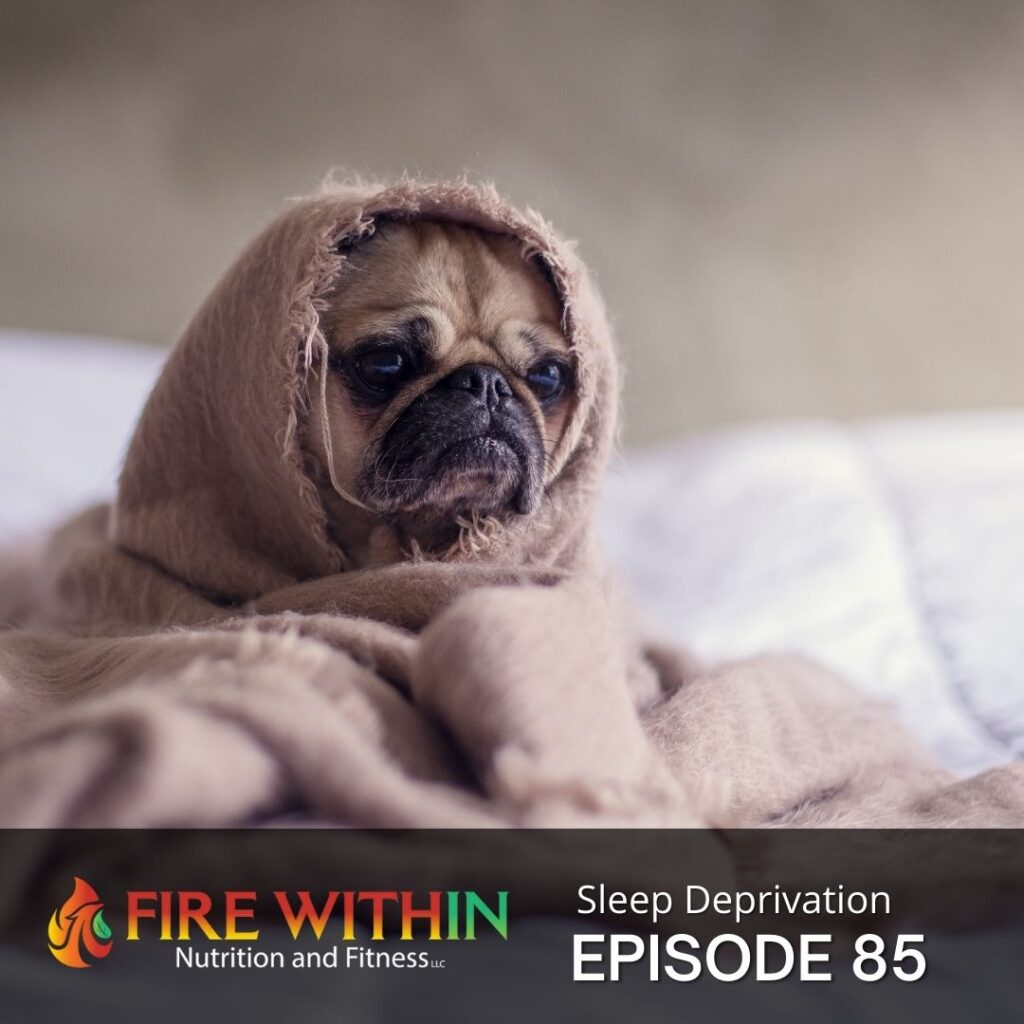We talk about what happens to your body when you struggle to get sleep, tips for falling back asleep, and tools you can use to combat this common issue.
In this episode:
- Sleep deprivation is a huge problem in the U.S. and around the world. It’s not just a problem for people who work night shifts or are busy during the day. It’s a problem for everyone.
- The consequences of sleep deprivation are serious. People who don’t get enough sleep are more likely to have health problems, including obesity, heart disease, and stroke.
- There are lots of ways to get more sleep. You can try different sleep habits, use a sleep tracker, or talk to your doctor about prescription drugs that can help you sleep.
- It’s important to start getting more sleep even if you’re not experiencing any of the consequences of sleep deprivation. It will help you feel better overall and may even protect your health.
- Obesity: People who don’t get enough sleep are more likely to be obese. This is because sleep deprivation leads to a decrease in the amount of leptin, a hormone that signals the body to stop eating.
- Heart disease: People who don’t get enough sleep are also more likely to have heart disease. This is because sleep deprivation increases the risk of heart attack and stroke.
- Stroke: People who don’t get enough sleep are also more likely to have a stroke. This is because lack of sleep can increase the risk of blood clotting.
- Leptin is a hormone that signals the body to stop eating. Sleep deprivation leads to a decrease in the amount of leptin, which means that the body is more likely to keep eating even when it’s not hungry. This can lead to weight gain and other health problems.


